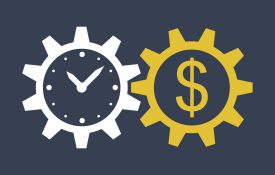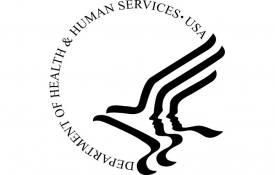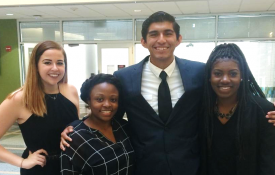-

Behavioral ‘Nudges’ Offer a Cost-Effective Policy Tool
A study examining the cost-effectiveness of nudges and typical policy interventions shows that nudges often yield high returns at a low cost.
-

APS Among Partners in March for Science
Thousands of people, many wearing knitted “brain” caps, braved persistent rain on April 22 to participate in the flagship March for Science, held on the National Mall in Washington, DC. APS was one of many scientific organizations
-
APS Fellows Elected to National Academy of Sciences
Five APS Fellows, including APS Past President Henry L. “Roddy” Roediger, III, have been elected to the National Academy of Sciences (NAS) in recognition of their distinguished and continuing achievements in original research. APS Fellows
-

Revision to the Common Rule: Implications for Behavioral and Social Sciences Research
The various provisions of the US government’s revised rule on human subjects research will provide increased flexibility and less burden for behavioral and social sciences researchers. William T. Riley and Farheen Akbar from the Office of Behavior and Social Sciences Research explain.
-

Hitting the Streets for Science: What Motivates Protest Behavior?
This past weekend tens of thousands of people participated in science marches in more than 600 cities around the world. Scientists on all seven continents — even Antarctica – participated in the protest. At a
-

Summer Program Provides Undergraduates With Hands-On Training in Alcohol Research
In the summer of 2016, seven undergraduate students from across the United States participated in the University of Missouri’s first Alcohol Research Training Summer School (MU-ARTSS), an internship geared toward training students from diverse backgrounds

